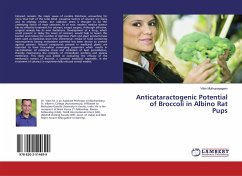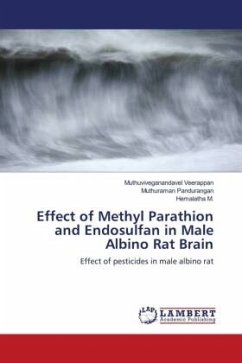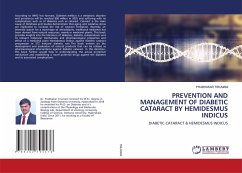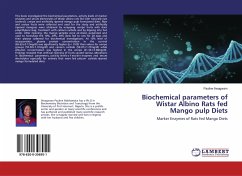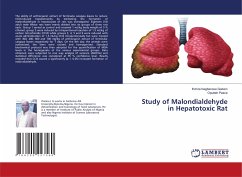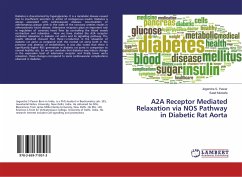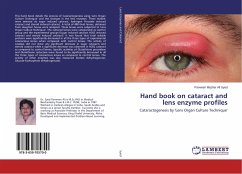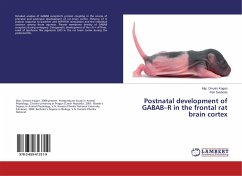Cataract remains the major cause of curable blindness, accounting for more than half of the total blind. Causative factors of cataract are many and its etiology unclear, but oxidative stress is thought to be the underlying factor of most cataracts. As of now, modern medical science has no effective treatment for cataract, except surgery. Although effective, surgical remedy has its own limitations. Development of a drug, which could prevent or delay the onset of cataract, would help to lessen this burden and reduce the number of slightless. Plant and plant products have been used as medicines since time immemorial. Intake of food containing micronutrients having antioxidant potential has been shown to protect against cataract. Natural compounds present in medicinal plants are reported to have free-radical scavenging properties which results in neutralization of oxidative stress and inhibition of lipid peroxidation, thereby maintaining the integrity of intracellular proteins and plasma membrane. This study was aimed at evaluating the efficacy of the methanolic extract of Broccoli, a common medicinal vegetable, in the treatment of cataract in experimentally induced animal models.
Bitte wählen Sie Ihr Anliegen aus.
Rechnungen
Retourenschein anfordern
Bestellstatus
Storno

